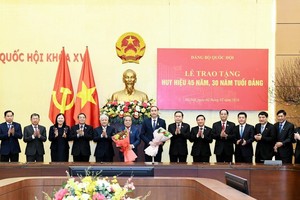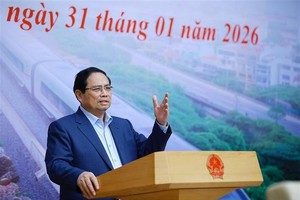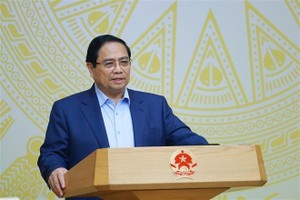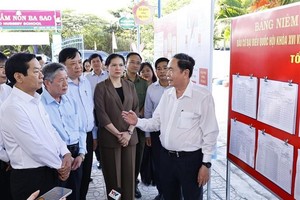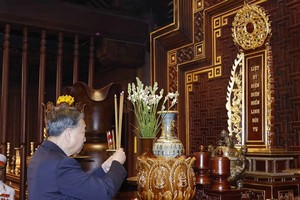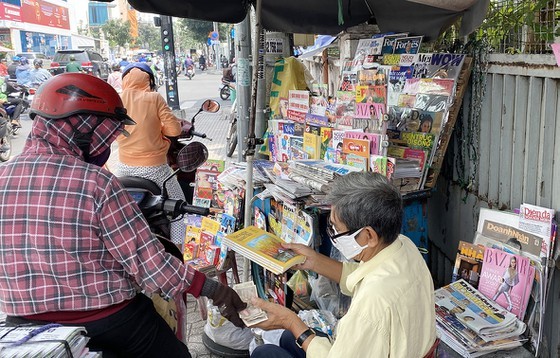
The Government in 2015 issued Decree 16 stipulating the mechanism for exercising the autonomy of public administrative units, aimed to encourage their financial independence, reduce the burden on State budget and increase employees’ wages.
This decree partially replaces the 43/2006/ND-CP Decree in 2006 which provides public units including press agencies the rights to operate as financially independent establishments.
However, according to Articles 12 and 13 of Decree 16, employees’ extra income like commissions and bonuses can only be declared after all company expenses, taxes and other payables to the State budget have been made.
This by chance increases the units’ profit on financial statements and raising tax payables while lowering employee wages.
Although the law already requires central-level ministries and provincial people’s committees within their jurisdiction to guide public ad units in developing financial roadmaps to apply a financial mechanism like businesses, there have not been specific directions for units in the field of journalism and publishing.
Therefore, since the new Decree states that the old Decree 43 must be applied when there is no specific directive, these two conflicting sets of regulations are being deployed at the same time in some cases.
An anonymous press agency has worked around the law by having separate accounting for each department, that being public relation and newspaper publishing.
Article 18 of Decree 43 and Circular 71/2006/TT-BTC stipulate that if a unit establishes its own service-related agency with separate accounts for revenue, employee wages are based on the national business payment scheme; otherwise they are calculated according to employees’ rank and title determined by the State.
For example, if a news publisher has several affiliates like a printing establishment or a media and event team, they will get higher pay rates than the people in charge of content including journalists and editors since they are technically public servants.
In reality, the income of press agencies is often in the negative which lowers royalties fund. Social network is slowly replacing printed newspaper as the source of daily info and the place for business adverts, not to mention the declined number of newspaper buyers during Covid-19.
An editor named T.T.L said that the autonomy mechanism under Decree 43 has encouraged the creativity in the publishing house he works at by allowing it the chance to be financially independent and invest better in cultural research.
Journalism and publishing in Vietnam is considered by some the political and cultural forefront of the country, and meeting financial targets while fulfilling their role can be quite the task.
Editor T.T.L hopes the government would soon issue new regulations allowing press and publishing agencies to have the same salary scheme like other businesses, as well as consider reducing the corporate income tax rate of press agencies from 10% to 2% - 5%.

